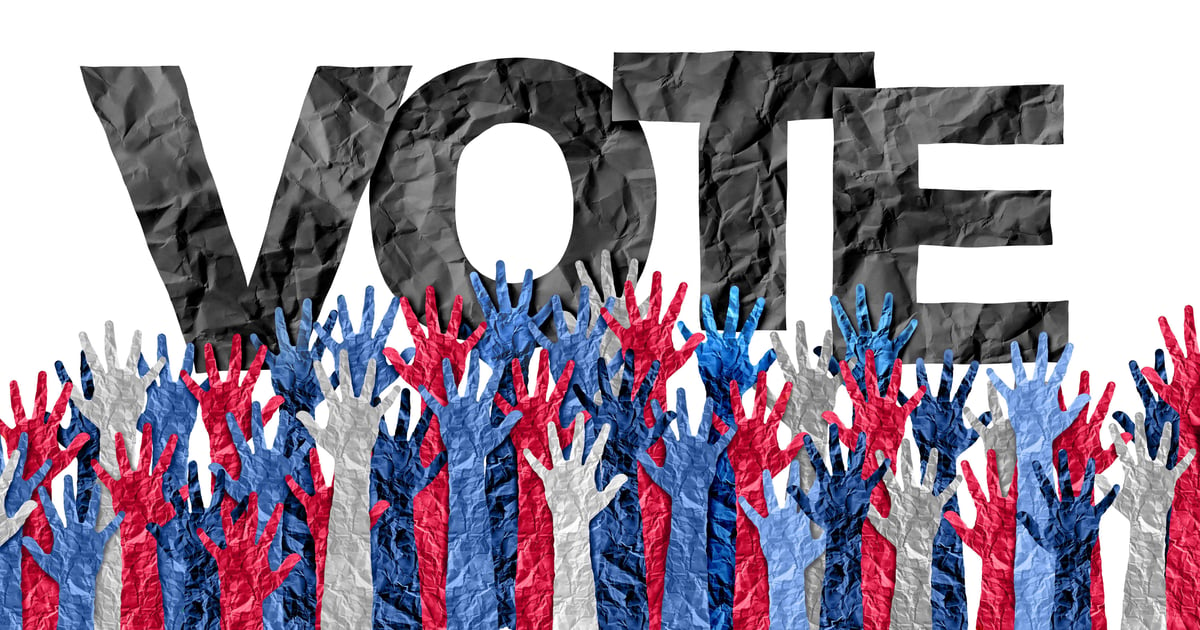As the 2024 US presidential election voting period comes to a close, cybersecurity professionals are deeply concerned about the prevalence of disinformation as a threat to the electoral process. A recent poll conducted by Dark Reading, with nearly 1,000 participants, revealed that disinformation, deepfakes, and misinformation topped the list of worries for respondents, comprising 41% of the total responses. Other concerns included tampering of polling data (23%), hacking operations by foreign countries like Russia, China, and Iran (20%), and AI-powered high-volume phishing using election-related baits (16%).
The heightened levels of anxiety surrounding disinformation were exemplified by the recent dismissal of two incendiary videos by US federal agencies. The videos, purporting to depict vote tampering, were revealed to be deepfakes created by Russian adversaries with the intent to undermine public trust in the electoral system. One video allegedly showed protestors destroying ballots in Bucks County, Pennsylvania, while the other claimed to capture an illegal immigrant from Haiti engaging in multiple instances of voting in Georgia. The Office of the Director of National Intelligence (ODNI), the FBI, and the Cybersecurity and Infrastructure Agency (CISA) debunked both videos as fake, attributing them to Russian threat actors.
These deceptive videos are part of a broader disinformation campaign orchestrated by a threat actor known as Storm-1516, which has disseminated false narratives about various political figures and events to manipulate public opinion. Former CISA Director Chris Krebs highlighted the importance of debunking such misleading content and urged social media platforms to take swift action in labeling or removing foreign-generated disinformation. He emphasized the need for voters to remain vigilant and not succumb to the tactics employed by malicious actors seeking to sow discord and confusion.
Rennie Westcott, a senior intelligence analyst at Blackbird.AI, echoed Krebs’ sentiments, warning that foreign adversaries are likely to continue their efforts to undermine trust in the US election process even after Election Day. He cautioned that ongoing disinformation campaigns may target vulnerable populations and exacerbate social divisions within key swing states. Current CISA Director Jen Easterly acknowledged the pervasive spread of disinformation leading up to the election, particularly fueling concerns about voter fraud and election tampering. Despite the onslaught of misinformation, Easterly reassured the public that voting infrastructure in the US is highly secure and that the elections have never been better protected.
Looking ahead, both Krebs and Westcott anticipate that the dissemination of false narratives and conspiracy theories surrounding election results will persist beyond Election Day. Foreign adversaries are expected to intensify their efforts to sow discord and confusion, posing a continuing challenge for cybersecurity professionals and the broader electorate. As the battle against disinformation rages on, the imperative remains for individuals to remain vigilant, discerning, and resilient in the face of evolving threats to the integrity of the democratic process.
